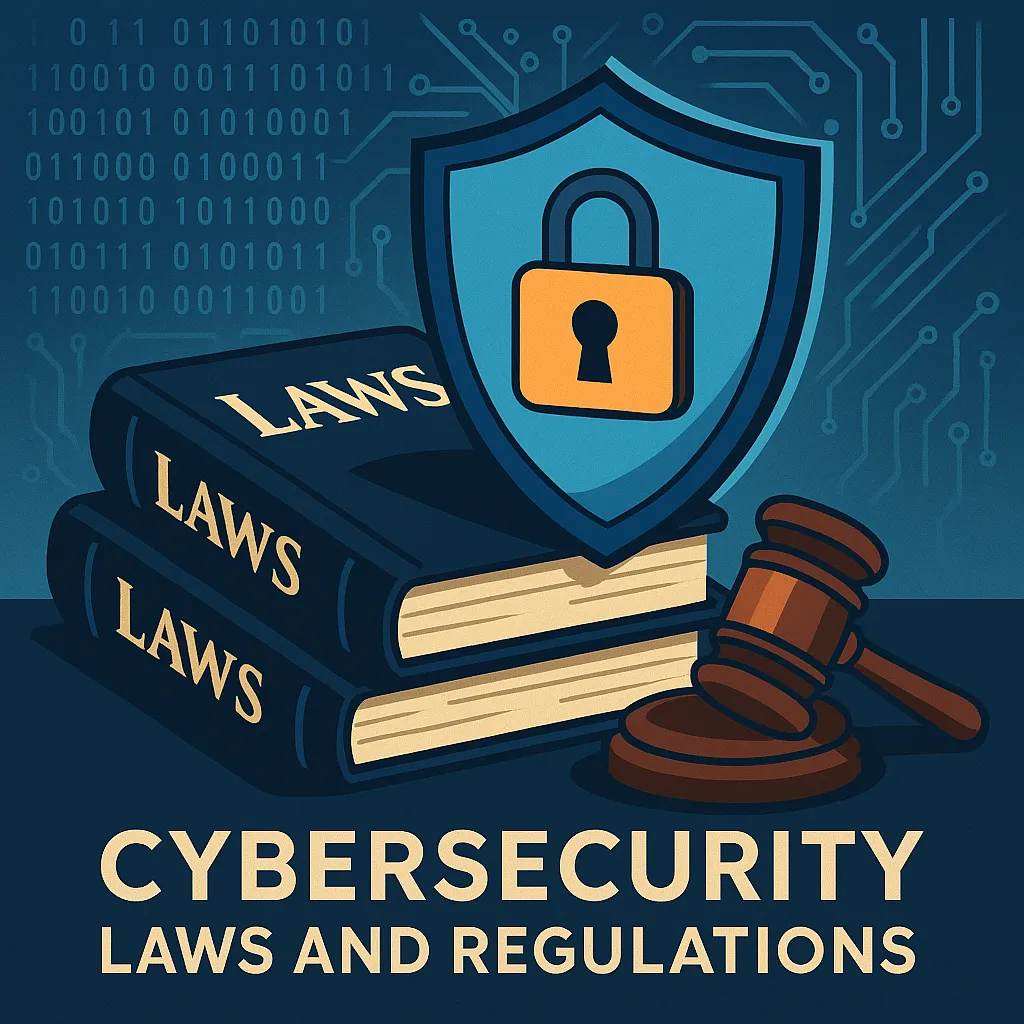Navigating the Maze of Cybersecurity Laws: Essential Insights for 2024
As the digital landscape evolves, so does the complexity of laws and regulations governing cybersecurity. With cyber threats becoming more sophisticated, understanding the legal framework is no longer reserved for legal professionals; it's crucial for everyone, from business leaders to average internet users.
The Bedrock of U.S. Cybersecurity Laws
In the United States, several critical statutes form the backbone of what we know as cyber law. Prominent among these are the Computer Fraud and Abuse Act (CFAA) and the Identity Theft and Assumption Deterrence Act, both cited by Axiom Law. These laws cover anything from unauthorized access to computer systems to identity theft and have been pivotal in prosecuting numerous cybercrimes.
Moreover, the Federal Trade Commission Act (FTCA), highlighted by ConnectWise, plays a significant role by prohibiting deceptive practices including those involving cybersecurity breaches. The breadth of this act impacts various sectors, making it a versatile tool in the legal arsenal against cyber misdeeds.
Sector-Specific Regulations and Corporate Impact
Over time, specific industries have seen heightened regulatory focus. For instance, the health sector covered under HIPAA, financial services governed by the Gramm-Leach-Bliley Act, and consumer data protected by newer laws such as the California Consumer Privacy Act (CCPA). As noted in the upcoming 2025 cybersecurity report from ICLG, these laws mention not just reactive measures but also proactive steps companies must take to safeguard data.
Companies must navigate these regulations carefully, not only to comply and avoid penalties but also to safeguard trust in their brand. For instance, major breaches like the Equifax data leak illustrate the severe corporate fallout from failing to secure data adequately.
Understanding Compliance and Penalties
Non-compliance with cybersecurity laws can lead to substantial financial penalties and reputational damage. The IT Governance USA directory points out various compliance requirements across federal and state laws, and the heavy fines companies can face for violations. This segmentation highlights the importance of thorough understanding and implementation of cybersecurity practices as prescribed by law.
Even beyond corporate obligations, these laws provide a framework for individual protections, making it imperative for users to understand their digital rights and the means to enforce them.
Key Takeaways and Actionable Advice
In light of the continuously evolving threat landscape, staying informed about cybersecurity laws is paramount. Businesses should invest in regular audits, employee training, and robust security infrastructure. Individuals should stay informed about their rights and practice safe online behaviors. Everyone has a role to play in this intricate dance of digital security and compliance.
